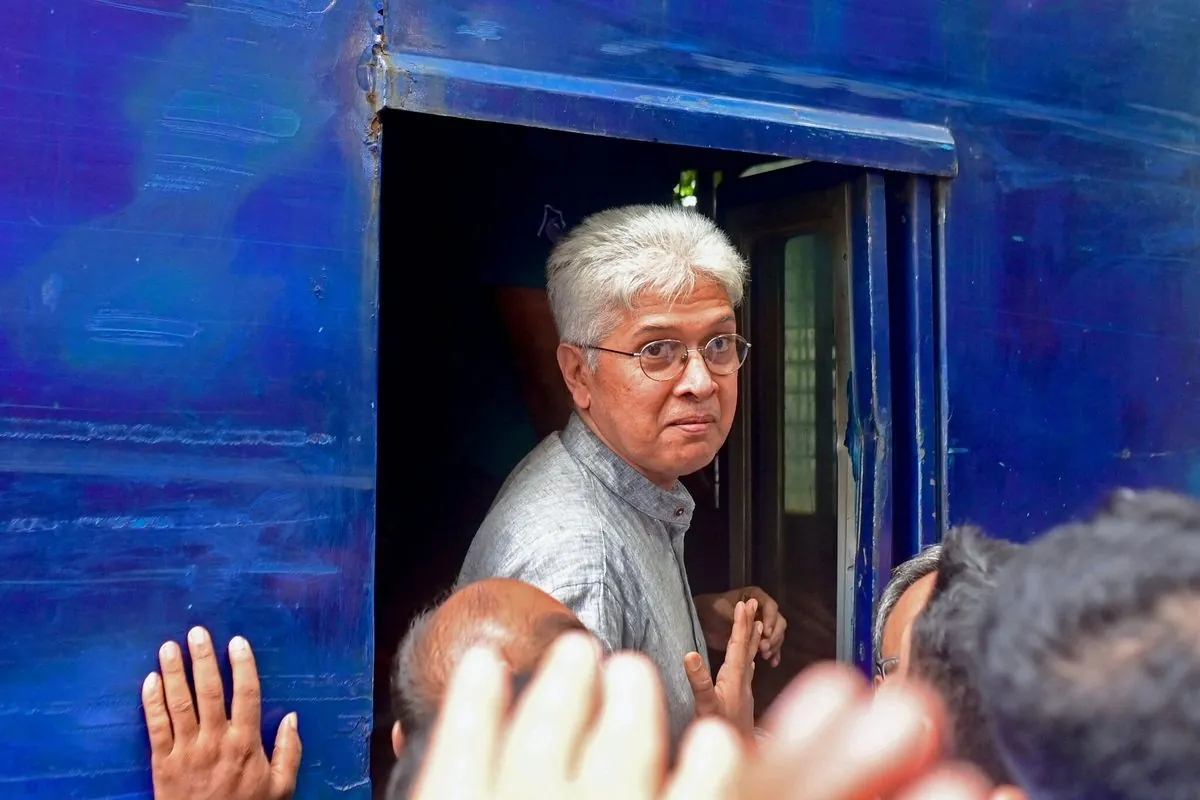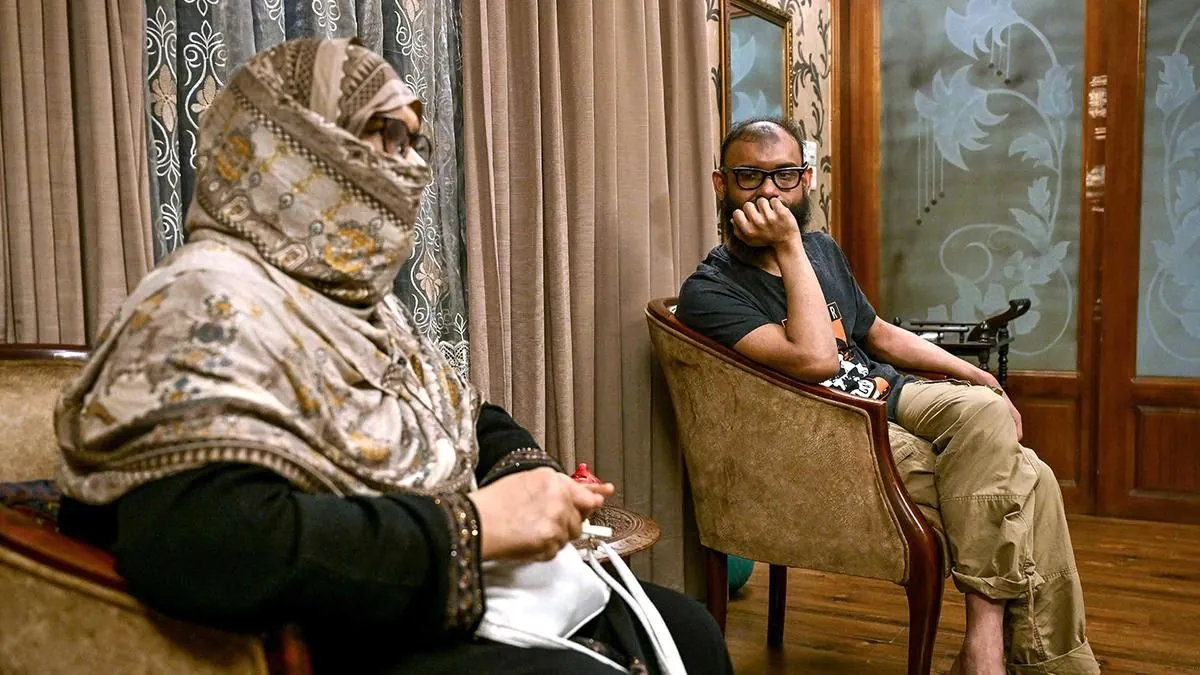Bangladesh Activist Freed After 5 Years of Secret Detention
Bangladesh's interim government investigates enforced disappearances during former PM Sheikh Hasina's 15-year rule. Activist Michael Chakma recounts his ordeal after being freed from secret detention.

In a significant development, Michael Chakma, a prominent indigenous rights activist in Bangladesh, has been released after five years of secret detention. This event marks a turning point in the country's political landscape, as the interim government led by Nobel laureate Muhammad Yunus begins investigations into enforced disappearances that occurred during former Prime Minister Sheikh Hasina's 15-year tenure.
Chakma recounted his harrowing experience to Reuters, describing his abduction by armed men outside a bank near Dhaka in 2019. For half a decade, his whereabouts remained unknown to the outside world. He endured weeks of interrogation and beatings before being left in isolation in a facility with numerous cells devoid of sunlight.
The activist's release on August 7, 2024, coincided with the recent ousting of Sheikh Hasina, who fled to India amidst deadly student-led protests. Her rule, which began in 2009, was characterized by the suppression of dissent and arrests of opposition leaders.
Human Rights Watch reported in 2021 that Bangladeshi human rights groups had documented nearly 600 cases of forced disappearances by security forces since 2009. The organization verified 86 cases where the victims' fates remain unknown.

To address these issues, the interim government has formed a five-member commission, headed by a former high court judge, to investigate disappearances since January 1, 2010. This initiative aims to uncover the truth behind the alleged involvement of various security forces in these incidents.
Nur Khan, a commission member and prominent human rights activist, stated that while it's premature to predict the commission's success, its formation provides victims and their families with a platform to seek justice.
Other victims have shared similar stories of detention and torture. Shafiqul Islam Kajol, a photojournalist, described his 53-day captivity in 2020, during which he was beaten and interrogated about Hasina. After his release, Kajol sought asylum in London and expressed his desire to file a case against those responsible for his disappearance.
"I want to return to my country if I get security. I want to file a case against all those who disappeared me, including Sheikh Hasina."
The investigations face significant challenges, as perpetrators may attempt to cover up their crimes. Human Rights Watch's Asia Deputy Director, Meenakshi Ganguly, emphasized the need for security forces to release all disappeared individuals or provide answers to their families.
As Bangladesh, the world's 8th most populous country, grapples with its past, the interim government's actions will be crucial in addressing human rights violations and fostering a more democratic future. The country, known for its rich cultural heritage and economic growth, now faces the task of reconciling its progress with the need for justice and accountability.


































